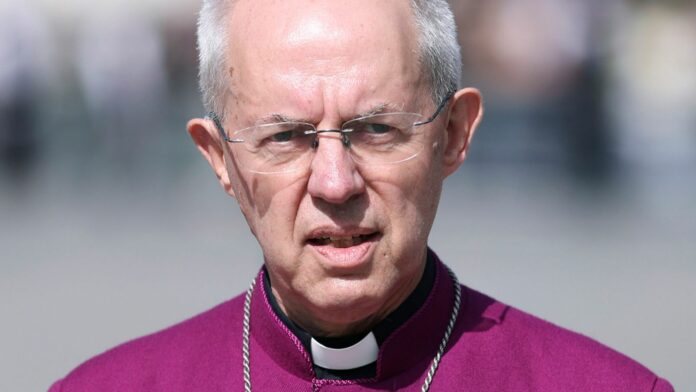Justin Welby, the former Archbishop of Canterbury, has said he failed to take action over sexual abuse allegations within the Church of England because he was too “overwhelmed” by the scale of them. It was his first interview since quitting in November, after an independent review found he should have done more to bring a former acquaintance and serial abuser within the Church, John Smyth, to justice.
“Every day more cases were coming across the desk that had been in the past, hadn’t been dealt with adequately… and yes I knew Smyth but it was an absolutely overwhelming few weeks,” he told the BBC’s Laura Kuenssberg.
This is far from comforting to victims of abuse within the Church of England – and indeed, appallingly, within the interview Welby said he forgave Smyth – who targeted over a 100 boys and young men over several years.
However, it is important to note that Welby was very clear that the reason for his lack of judgement was not an excuse: “It was overwhelming, one was trying to prioritise – but I think it’s easy to sound defensive over this.”
“The reality is I got it wrong. As Archbishop, there are no excuses.”
In a world where public figures tend to be defined by an unshakable confidence, bordering on delusion, it might almost seem disarming to hear an acknowledgement of limitations. We have seen time and time again, an inability to acknowledge any fallibility from CEOs, politicians and religious leaders.
But is this humility from Welby or, in fact, a convenient shield? He may not intend it as an excuse, but it functions as one – diverting attention from his shocking failure to address the Church of England’s myriad clergy sexual abuse scandals.
Welby lamented that we are not prepared to forgive our leaders when they falter. He suggested that society increasingly expects perfection, failing to acknowledge the immense pressures public figures face: “There is an absence of forgiveness; we don’t treat our leaders as human.”
This may be true. But there was no one-off failing from Welby. Read it all in iNews
